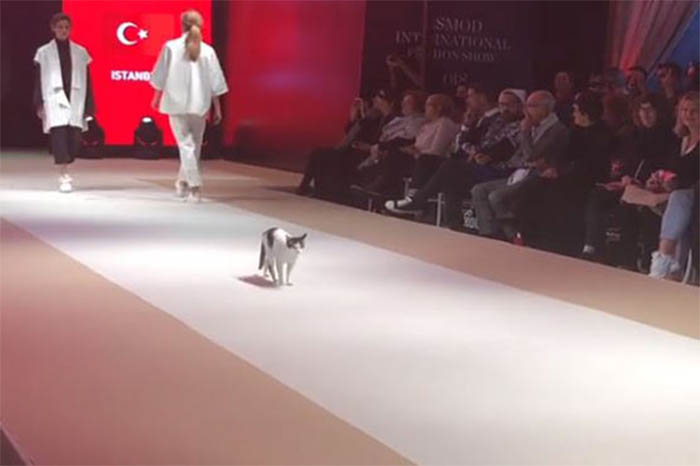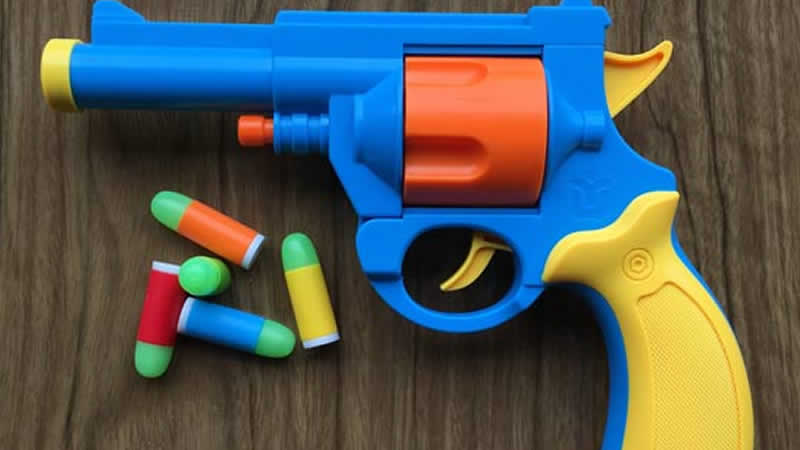Apartment not big enough for a dog? Too busy for walkies? In crowded Tokyo you can rent a mutt for a few hours of wet noses and unconditional loving from Man’s Best Friend.
[contentblock id=1 img=adsense.png]
For seven-year-old Rino Kakinuma, surrounded by toy poodles and beagle pups, it is the perfect solution — a fortnightly chance to play with her four-legged friends.
“She really likes dogs but our home is not suitable for pets,” her father Shinji Kakinuma tells AFP. “I was a bit sad for her so I looked for places where she could hang out with dogs.” Rina and her father are not alone. The tightly packed Japanese capital can be a challenging place to keep a pet; even if your building managers allow animals, the average apartment is just 60 square metres (650 square feet) — barely enough room to swing a cat. That is where places like Dog Heart come in. Just a few minutes’ walk from Yoyogi Park, one of Tokyo’s main green lungs, Dog Heart is part petting zoo and part rental shop. Visitors can choose between sitting and stroking the more than 20 animals, or taking them for a walk around the park. Half an hour of play-time costs 950 yen ($8), while 60 minutes of dog-walking will set you back 3,600 yen. Both can be extended for additional cost. Since opening in 2012, owner Yukiko Tsuchiya, 50, says her business has been growing, with some clients coming in weekly.
[contentblock id=2 img=gcb.png]
“In the suburbs, it is easier to get in contact with dogs, but in Tokyo, there is a demand for a places like this,” she says. “People bring their kids here, couples come for dates, men and women come on their own… and elderly people as well, because they feel too old to have a pet at home.” But not everyone is impressed. The Japanese Coalition for Animal Welfare (JCAW), a campaign group, says dog rental shops subject animals to possible physical and psychological risks, such as mental stress from poor handling. “The animals will no doubt be confused or frustrated with the wide variety of people that will come to the facility,” JCAW head Koichi Aoki said. “If any interaction is unacceptable to the animal they will display avoidance behaviour and may even be traumatised.”














